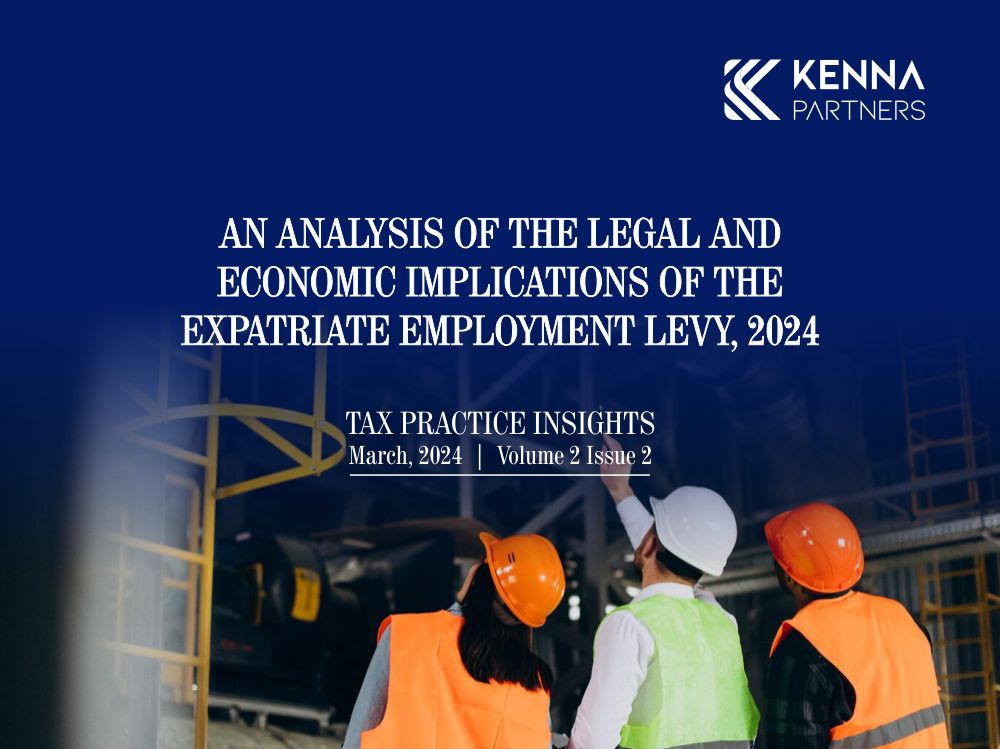

The growth in globalisation and technological discoveries has amongst other things, resulted in an increase in cross-border transactions. As opposed to the practices in the 16th century, the existence of technology and the growing scientific discoveries makes cross-border trade a norm in the present-day. Goods and services are continuously exchanged beyond national boundaries. The conduct of trans-border transactions triggers several legal considerations including taxation. This article examines tax considerations for cross border transactions as provided by Nigerian law. Primarily, the article examines the following tax considerations: Double Taxation Agreements (DTA), Transfer Pricing, Value Added Taxes, Withholding Taxes, Stamp Duties and Electronic Levies, E-commerce and the Digital Economy and Tax Incentives for foreign businesses.
Tax Considerations for Cross-Border Transactions in Nigeria
The term, cross-border transactions is a term used to describe transactions which extend beyond a country’s borders. It was defined as “is any transfer of property, goods or services between individuals or business entities who reside in different jurisdictions”. It was also further defined as “a transaction in an international trade between two or more entities beyond the territorial limits of a country or a transaction in a domestic trade in which at least one of the party is located outside the country of the transaction”.
Primarily, a cross border transaction can be said to be an international trade with inter-jurisdictional elements. Daily, Nigerians engage in several transactions which transcends beyond the Nigerian geographical border or parties engage in transactions that have Nigerian elements. These transactions have various tax considerations. This section examines the following tax considerations:
Double Taxation Agreements/ Avoidance of Double Taxation Agreements:
The nature of cross border transactions has the effect of triggering tax liabilities in more than one jurisdiction on the same transaction. This mainly arises due to the conflict of laws in determining tax liabilities. For example, while some jurisdictions apply the residence principle for taxation, others apply the source of profit principle. Also, several jurisdictions apply different definitions for the determining, connecting factors in relation to taxation. A taxpayer may therefore be required to pay two taxes on the same transaction in two different jurisdictions. To avoid/ mitigate this problem, countries enter into Double Taxation Agreements. A Double Taxation Agreement is an international treaty between two or more countries (also known as contracting states or parties) with the aim of ensuring that a resident of any of the contracting states does not have to be double taxed on the same income, in both jurisdictions or unduly gain from not paying appropriate taxes in any of the states through tax evasion. Nigeria has entered into nineteen Double Taxation.
No results found.
